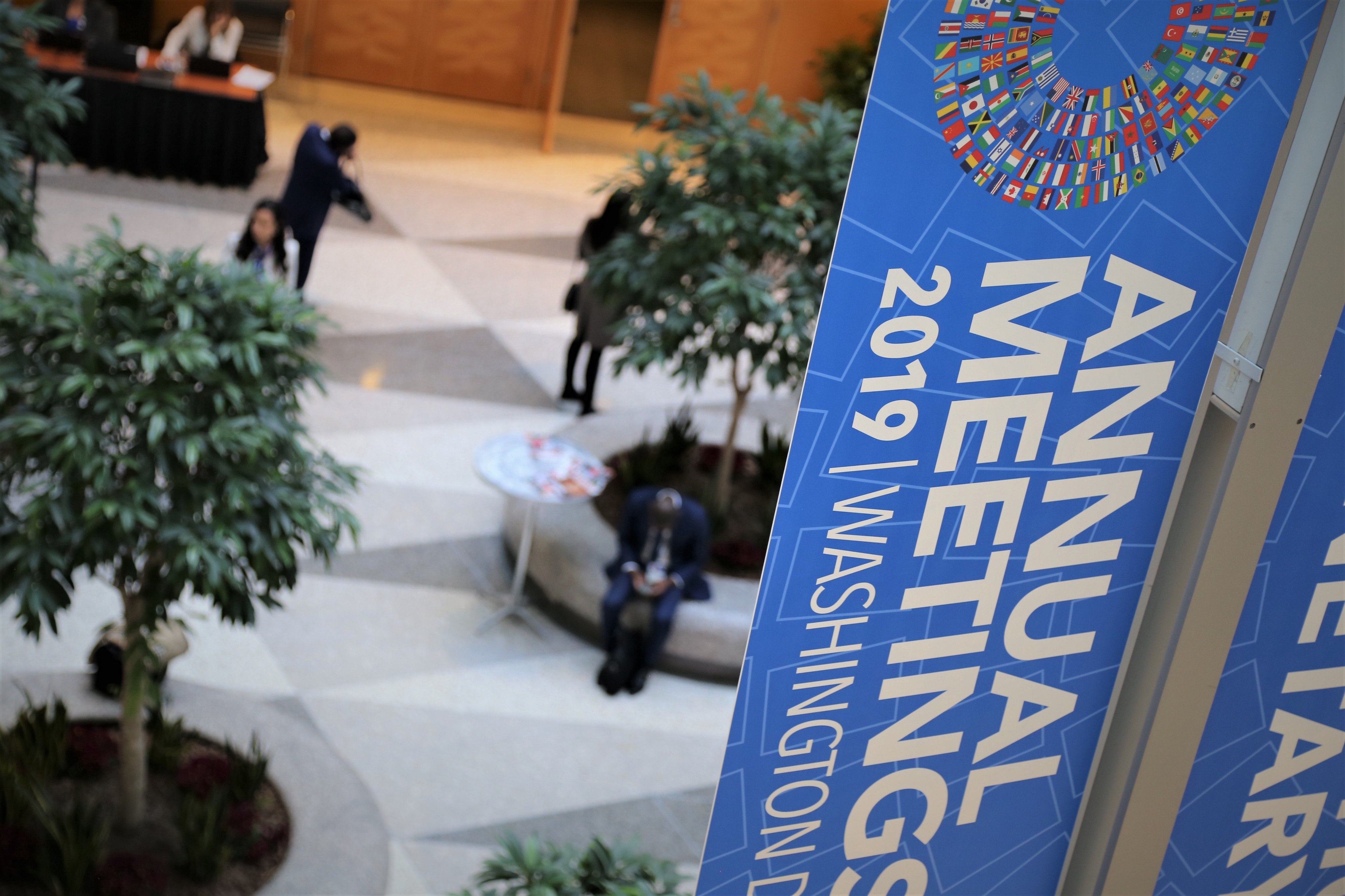
In recent years, we have witnessed a significant shift in approach of both the World Bank and International Monetary Fund to addressing the concerns of civil society and recognizing their contribution to development outcomes.
As one of the largest sources of development finance, the World Bank plays a prominent role in driving progress on alleviating poverty and boosting shared prosperity. However, as practitioners, policy experts and advocates working directly with communities, civil society also plays an important role in addressing these critical global challenges.
Last month, the Civil Society Policy Forum of the World Bank Group (WBG) and International Monetary Fund (IMF) Annual Meetings offered several opportunities to make the case for why both organizations should be doing more to engage with civil society, at national and global levels, to drive the global development agenda.
What is important to CSOs, is also important to the World Bank
During the Forum, I had an opportunity to moderate a roundtable discussion between Civil Society and the World Bank Executive Directors, where participants highlighted issues of shared concern that were critical to global development today: the climate crisis, human capital and young people, the shrinking space for civil society, transparency and accountability, fragility, conflict and violence, and inclusion.
Together with my co-moderator, Hervé De Villeroche, Co-Dean of the World Bank Board and Executive Director for France, we heard from CSO representatives from Nigeria to Fiji and Afghanistan to Honduras. Discussion ranged from what the World Bank can do to support governments to deliver quality education without discrimination in Ghana to how the Bank should respond to closing civic space in the Middle East and North Africa (MENA) region.
Governments, international institutions and the private sector all play a critical role in finding shared solutions to these common challenges. Civil society groups can also add value and contribute to the global agenda, even as space for civil society to speak out continues to shrink in many countries around the world.
Four ways CSOs can contribute:
As you can see, there is a lot to gain from engagement with CSOs that make them ideal candidates for establishing partnerships and strategic alliances. Trust us! Engage with us! We can be your strong allies!
Written by Patricia Moreira
Image: Transparency International
Publication date: November 4, 2019
Learn about about MENA NGOs involved in advocacy
MENA’s first free click-to-donate platform – you click, we donate




Copyright © 2024 The Olive Tree SAL, all rights reserved. Terms of Use | Privacy Policy